Shock, praise over journalist’s immigration tell-all
By Maricar CP Hampton &
Cristina DC Pastor
Pulitzer Award winning journalist Jose Antonio Vargas, who confessed to being an undocumented immigrant in a New York Times essay, was at the Philippine Consulate in New York June 22 for a private meeting with immigration lawyers.
He or any of the lawyers from Filipino-American Legal and Education Defense Fund (Faldef) who offered to assist him, did not make a statement.
Consul General Mario Lopez de Leon Jr. said the consulate offered to help Vargas, including putting him in touch with pro bono lawyers.
“We told him, we’re willing to help,” he told reporters.
In Washington D.C., where Vargas made a name as an investigative reporter for the Washington Post, friends and community leaders were stunned by his essay entitled “My life as an undocumented immigrant.”
“I was shocked, surprised. This is the face of an undocumented immigrant, and I know him,” said friend Bing Cardenas Branigin.
The National Federation of Filipino American Associations (Naffaa) commended Vargas for his courage in “coming out to tell his story.”
“He feels very strongly that he is an American. He has achieved a lot of things as a journalist and he wants to prove that although he is not an American in paper this is the country he grew up in and loved,” said Naffaa spokesman Jon Melegrito.
In his essay, Vargas described how at age 12, his mother put him on a plane to the U.S. and promised to join him shortly after. She never did. Vargas grew up with his grandparents in California.
He got by through school and employment using phony documents, some of them his grandfather improvised. At 16, he learned he was undocumented when he was told at the DMV that his green card was bogus. His grandparents said the man he traveled with to the U.S. was a smuggler who was paid $4,500 to get him through immigration with a “fake name and fake passport.”
Vargas said he decided to reveal the truth about his status because he is tired of all the lies and the hiding as “one of the countless undocumented immigrants from all walks of life who live in the shadow of our failed and broken system.”
“I’m done running. I’m exhausted. I don’t want that life anymore,” he wrote. “So I’ve decided to come forward, own up to what I’ve done, and tell my story to the best of my recollection.”
Last year, he read about four students who walked from Miami to Washington to lobby for the DREAM Act. “At the risk of deportation, they are speaking out,” he wrote. “Their courage has inspired me.”
ConGen De Leon said he knew the essay was coming out weeks before because Vargas gave him a heads-up. Friends said Vargas was ready for the consequences of his actions.
Vargas, who is gay, admitted that the more his profile rises because of his professional success, the harder he tries not to attract attention because of his illegal status.
“This story of Jose Antonio is more than about the law in America. It is more about how we Americans ought to be, in the light of the challenges we face as a people and as a nation,” wrote Faldef lawyer Merit Salud in his FaceBook page. Salud was one of the lawyers Vargas met with at the consulate building. “Many wished they have that inner courage and equanimity to do what Jose Antonio did.”
Vargas has launched the website, Define American, to press for the passage of the DREAM Act, which seeks to grant permanent residency to undocumented students provided they met certain requirements.
“The case of Jose Antonio Vargas and thousands of fellow DREAMers like him is no longer a mere legal issue; it has become a compelling moral issue which needs to be addressed,” said J.T. Mallonga, also of Faldef.
Naffaa said it commends Vargas and completely supports his personal advocacy to get the DREAM Act passed. Melegrito said Vargas’ story is both “compelling and inspiring,” just the kind of catalyst needed in getting the DREAM Act passed.


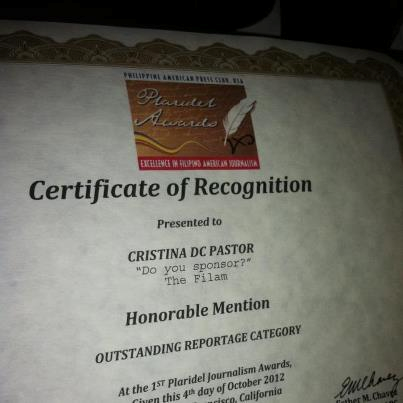

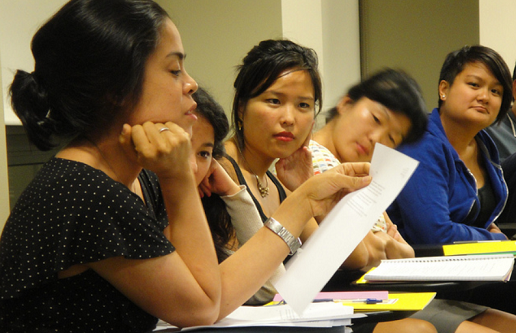
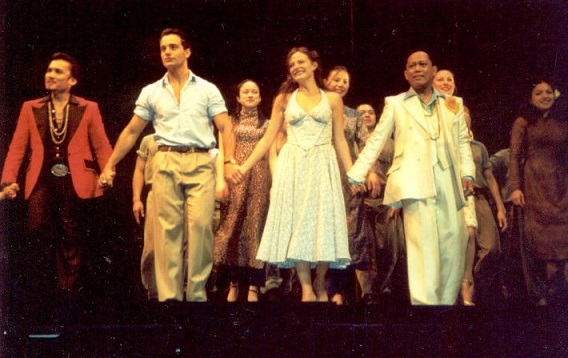
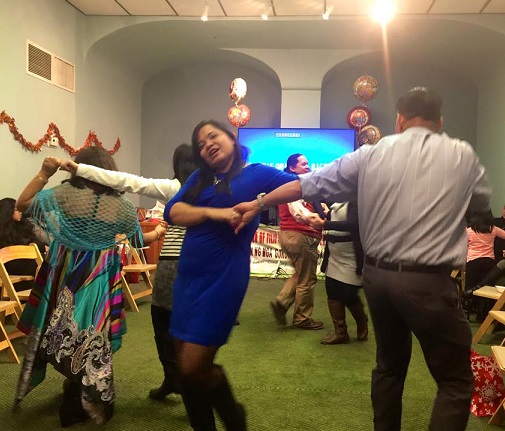
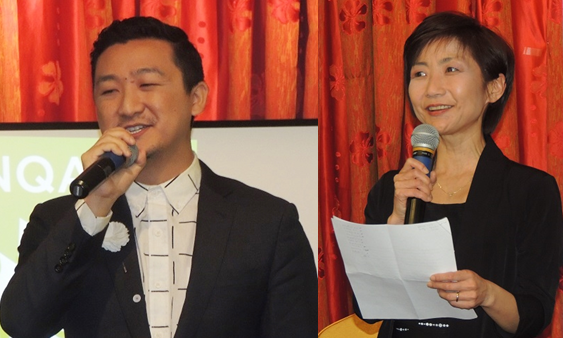

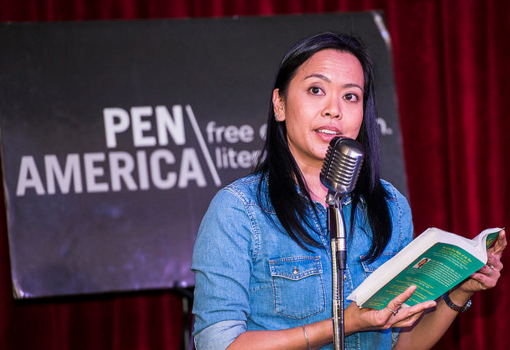


After reading his article, I can tell that Mr. Vargas committed several crimes…chiefly among them, perjury. Plus the use or manufacture of false US government (tampering of his social security card) and immigration documents (fake green card) automatically disqualifies Mr. Vargas from any type of relief under the Illegal Immigration Reform and Immigrant Responsibility Act of 1996 or the Dream Act.
In fact, Mr. Vargas (if caught) would be facing possible prison time for what he did. After he serves his prison time, Mr. Vargas will be deported back to the Philippines…
As a fellow journalist and Filipino…I just want him to know what he will be facing now….
Only a “pardon” from Pres. Obama can prevent his jail time and subsequent deportation. I hate to bring this bad news for him, but even those (in his network of friends) who helped him acquire US government documents (Oregon driver’s license and the person who allowed Mr. Vargas to use his address as Mr. Vargas’ mailing address) despite their knowledge that he was an illegal immigrant—could face possible criminal charges now…
I wonder what the real motive was of Mr. Vargas in writing the article, but he merely gave ICE a solid case against him because he “incriminated” himself so badly in his article….
What a well-written article! And tremendously courageous and honest! I’m sure Jose Antonio Vargas wrote his story to be liberated from his fears. I hope that the law will be applied to you kindly, that those who are charged to do so will consider the spirit, rather than the letter, of the law. If you return to the Philippines, know that you are the Philippines’ gain and America’s loss. The Philippines needs you more than America!
[…] This article by Maricar CP Hampton & Cristina DC Pastor originally appeared in The FilAm […]
[…] DC Pastor is founder and editor of The FilAm, an online magazine for Filipino Americans in New […]
[…] In June, Pulitzer Award-winning journalist Jose Antonio Vargas of the Washington Post revealed himself to be an undocumented immigrant. His story stunned the nation, the usually calm FilAm community and […]